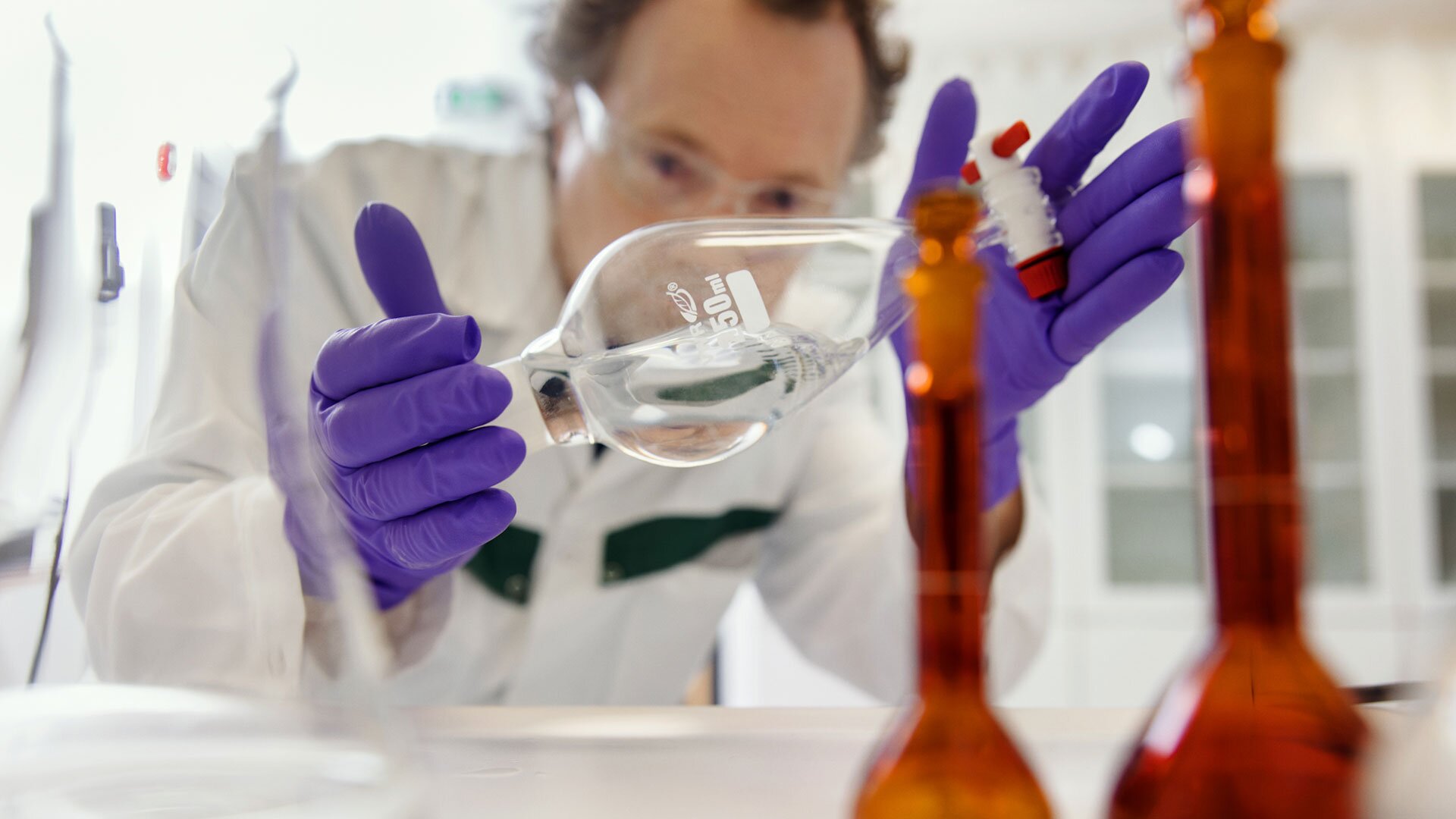Minimising pharmaceutical residues in the environment throughout the life cycle
Pharmaceuticals can end up in the environment in many ways. Wastewater from production plants may contain pharmaceutical residues, as may consumers’ bodily secretions. Pharmaceuticals can also end up in nature when unused or expired medicines are not disposed of appropriately.
Orion is continuously working to ensure that the amount of pharmaceutical residues ending up in nature can be minimised throughout the life cycles of products. To succeed in this, we apply life-cycle thinking as early as the development phase.
Orion carries out an environmental risk assessment for all new active pharmaceutical ingredients, which is a prerequisite for their market entry. During the assessment, we examine their potential harmful impacts on nature. We also carry out environmental risk assessments in production, so that we can minimise these risks and their impacts in our own operations.
Towards the end of the product life cycle, the focus is on raising awareness among consumers, healthcare professionals and partners about the appropriate use and disposal of medicines.
Minimising pharmaceutical residues from production
The primary sources of pharmaceutical residues in the environment are consumers’ use and excretion of medicines. The proportion of residues resulting from the inappropriate disposal of used or expired medicines and from production is smaller. However, Orion can directly affect residues resulting from production, and this is an important part of our overall environmental responsibility.
We reduce the environmental burden caused by our sites by minimising the amount of harmful chemicals in our wastewater and ensuring effective risk management in our locations. We only source raw materials, active pharmaceutical ingredients (API) and products from suppliers we know to be responsible.
Orion has succeeded in significantly reducing its pharmaceutical residues by developing its production wastewater management. Orion’s wastewater process is based on separate drainage systems. High-risk wastewater is separated from other wastewater and directed to be treated separately. The excess water is evaporated, and the remainder is burned. This enables the complete destruction (100%) of pharmaceutical residues in risk-assessed wastewater.
Cooperation throughout the chain
The majority of pharmaceutical residues ending up in nature result from the use of medicines, through excretion and shower water in particular. Pharmaceutical residues are also caused by the inappropriate disposal of medicines.
Orion has limited opportunities to affect this issue on its own, meaning that stakeholder cooperation and education play crucial roles. We increase people’s awareness of the appropriate use and disposal of medicines in cooperation with pharmacies and other healthcare professionals. We advise consumers to dispose of expired medicines in the right way, by returning them to the pharmacy. One example of this is the Drug-free Baltic Sea campaign, organised in Finland in 2018–2022, in which we were involved in cooperation with operators in the pharmaceutical and environmental sectors and decision-makers.









